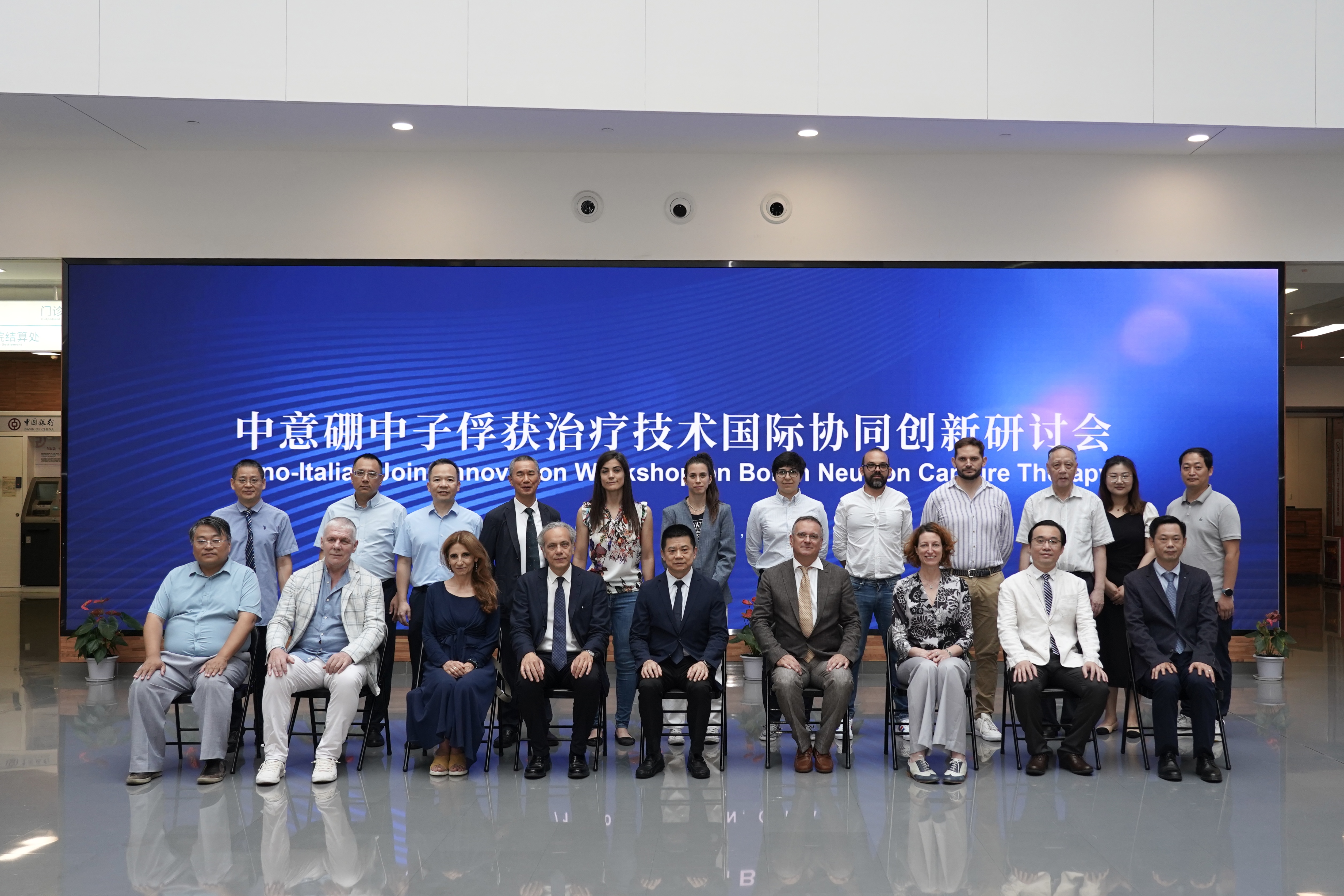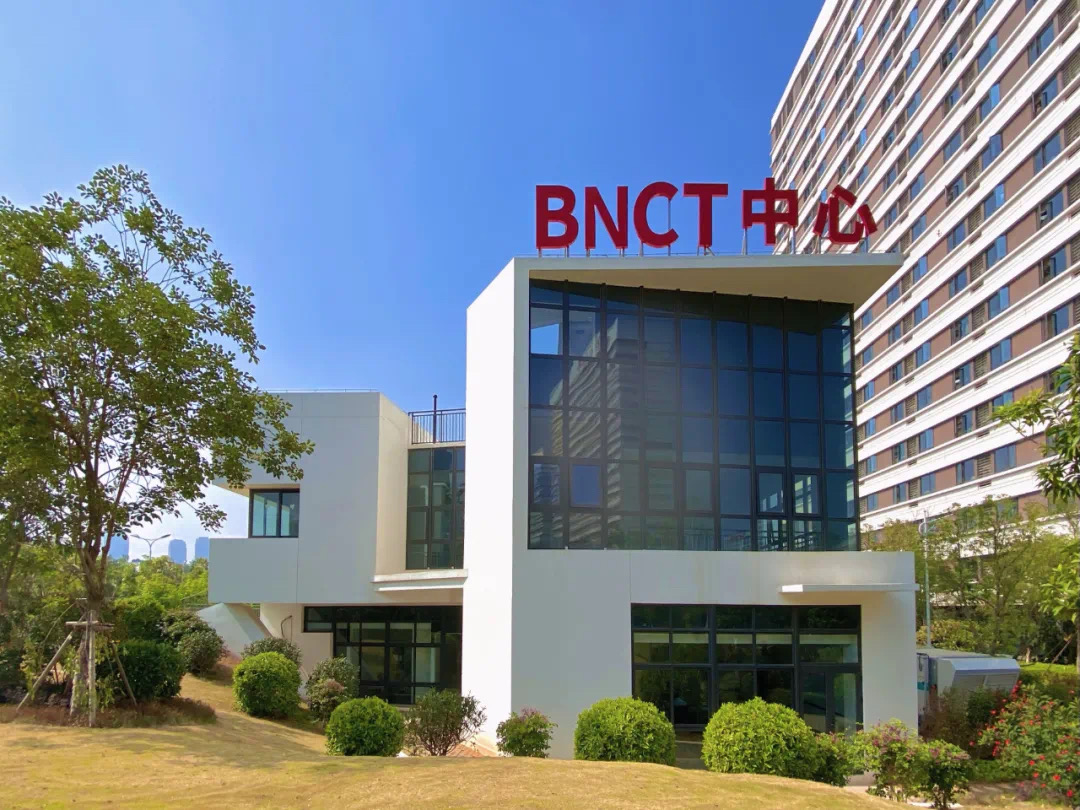In a recent event, the 18th National Radiation Oncology Congress (CSTRO-24) was held in Xiamen, focusing on innovative collaboration and accurate integration in the field of radiation therapy. Boron Neutron Capture Therapy (BNCT) emerged as a prominent highlight, recognized as one of the latest international anti-cancer technologies. The conference brought together distinguished scholars and experts in the field of oncology radiation therapy, aiming to explore innovations in radiation oncology and share new achievements and insights in precision radiation therapy.
A Shining Star in Cancer Treatment
During the conference's main stage, Academician Chen Hesheng from the Institute of High Energy Physics, Chinese Academy of Sciences, shared the current status and future prospects of BNCT technology both domestically and internationally. BNCT, as a novel binary, targeted, and cell-level precision radiation therapy, is rapidly advancing with the progress of proton accelerator technology. While China's BNCT equipment technology is on par with international standards, there is still room for improvement in drug development. Academician Chen emphasized the need for more involvement from pharmaceutical and clinical experts to promote BNCT towards becoming a universally accessible medical technology.
Academic-Industry Collaboration: Paving the Way for BNCT Breakthroughs
While BNCT technology garnered attention, Neuboron Medical Group, a pioneer in the field, revealed new collaborative initiatives at the "China University Patent Annual Conference." On November 9, 2023, Neuboron partnered with Sichuan University to jointly advance the development of BNCT nanomedicines. This collaboration integrates Neuboron’s internationally leading BNCT system technology and the advantages of its boron drug transformation platform with the strengths of Sichuan University's National Key Laboratory of Biomedical Therapy, aiming to jointly develop new BNCT nanomedicines with higher targeting, better intratumoral distribution, and visualization capabilities.
Beyond this, on November 16, 2023, at the "First University-Industry Integration Development Conference," held in Nanjing Jiangning District, Neuboron signed a technical collaboration agreement with Nanjing University of Aeronautics and Astronautics. This collaboration aims to research BNCT biological effects and radiation damage, laying the groundwork for evaluating and transforming new BNCT drugs. Through fundamental technological breakthroughs, Neuboron, in collaboration with various domestic and international partners, has been granted approval under the Ministry of Science and Technology's National Key Research and Development Program, specifically the "Government-to-Government International Scientific and Technological Innovation Cooperation" key project.
Neuboron actively expands collaboration with academic institutions, fostering deep partnerships with several prestigious establishments, including China Pharmaceutical University, Nanjing University, Zhejiang University, and Nanjing University of Aeronautics and Astronautics. This collaborative effort not only accelerates the development of the next generation of boron drugs but also propels research in critical clinical evaluation technologies such as BNCT biological effects and radiation damage.
Milestone in Clinical Transformation
In terms of clinical applications, Neuboron initiated the IIT-001 project, the first domestically conducted accelerator BNCT human clinical study in a hospital setting. The project aims to evaluate the safety and effectiveness of BNCT treatment, providing substantial data support for the practical application of BNCT technology. Preliminary results indicate favorable safety and local control effects of BNCT in treating gliomas and head and neck tumors.
With its outstanding performance in boron neutron capture treatment technology, Neuboron has become a leader in Chinese BNCT technology. The company has established a robust innovation network through academic-industry collaborations in developing new boron drugs and researching biological effects and radiation damage, among other areas. The success of the IIT-001 project demonstrates the potential of BNCT technology in practical applications, laying a solid foundation for the broader clinical application of BNCT technology and ushering in a new era for the development of BNCT technology in China.



